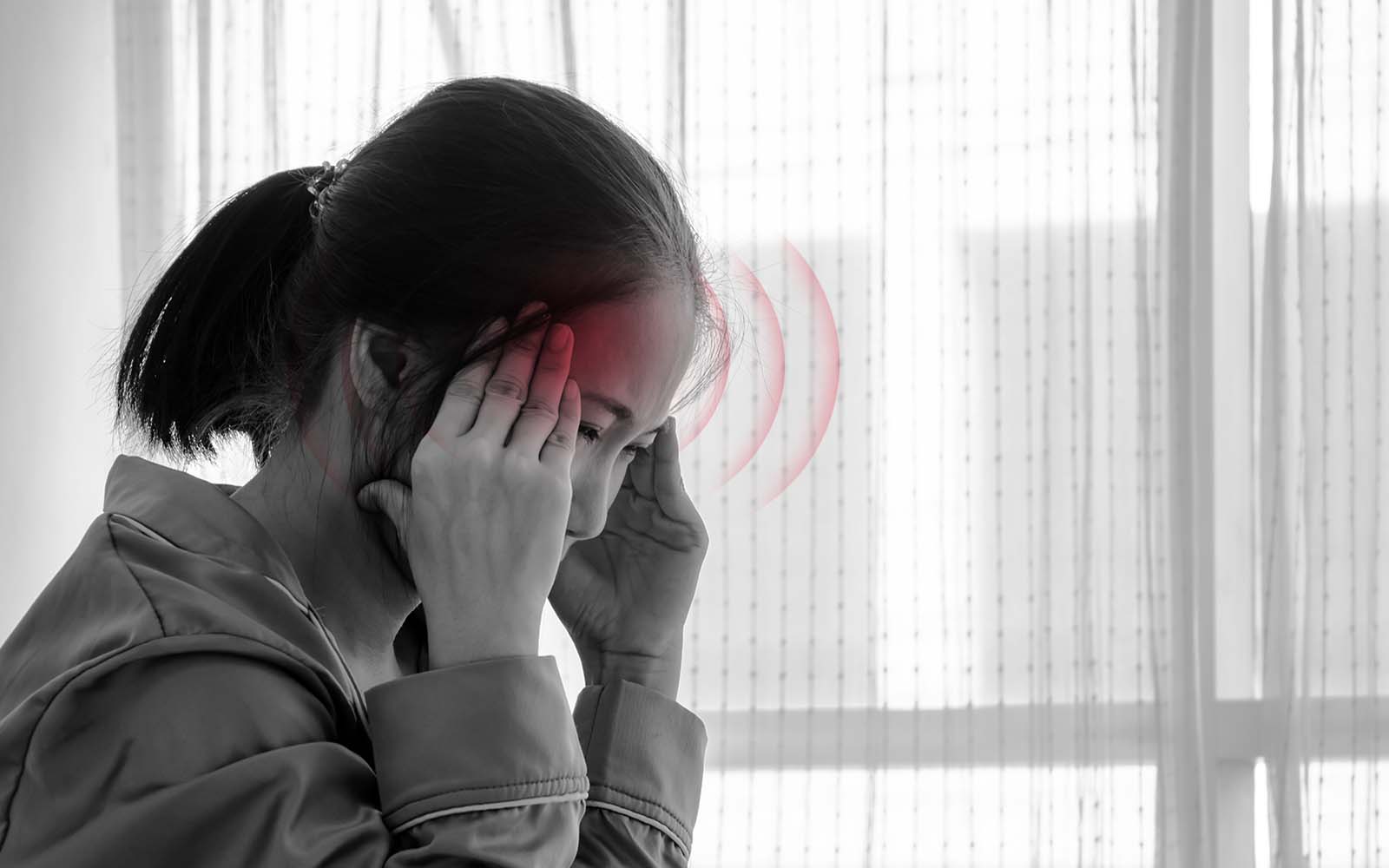
Migraines, or one-sided headaches, are often more severe than regular headaches and can last from several hours to, in some cases, several days. If you experience these, it's important not to ignore them, as they can be linked to nerve-related conditions. Migraines are often triggered by imbalances in serotonin levels in the brain, leading to fatigue and a lack of energy. Changes in weather, lifestyle habits, and other factors can also cause migraines, making them difficult to avoid. That’s why it's crucial to know how to prevent and manage these painful headaches. Let's explore some common causes and tips for relief.

What Causes Migraines?
Migraines can be triggered by a variety of factors. Foods that are high in salt or sugar, processed or expired foods, and excessive alcohol, beer, wine, or coffee consumption can all lead to migraines. Other factors include lack of sleep, high stress levels, and, for women, hormonal imbalances such as fluctuations in estrogen. Weather changes and shifts in atmospheric pressure can also trigger migraines, so it's important to be aware of these potential causes. If you frequently experience migraines, take note of the conditions that cause them and adjust your diet and lifestyle accordingly. Migraines can also be associated with symptoms like constipation, frequent urination, and fatigue, so be mindful if you experience these as well.

Recognizing Migraine Symptoms
If you start feeling a throbbing pain on one side of your head, along with sensitivity to light or sound, it's likely the start of a migraine. You may also experience blurred vision or nausea as the pain intensifies. It’s important to recognize these early signs and take action to manage them. If your migraines become more frequent, your vision worsens, or you experience symptoms like fever or confusion, it's essential to consult a neurologist for proper treatment.

How to Prevent and Manage Migraines
Many people rely on over-the-counter pain relievers, but these are only short-term solutions. For long-term relief, regular exercise, staying hydrated, and getting enough sleep are essential. Maintaining a balanced lifestyle can help prevent migraines. Additionally, stress-relieving activities like yoga and meditation can reduce the frequency of migraines and lessen their severity when they occur.
Migraines are a common issue that can disrupt your day and affect your overall well-being. By following the tips above, such as staying hydrated, managing stress, and recognizing triggers, you can better manage and prevent migraines from interfering with your life.




Comments